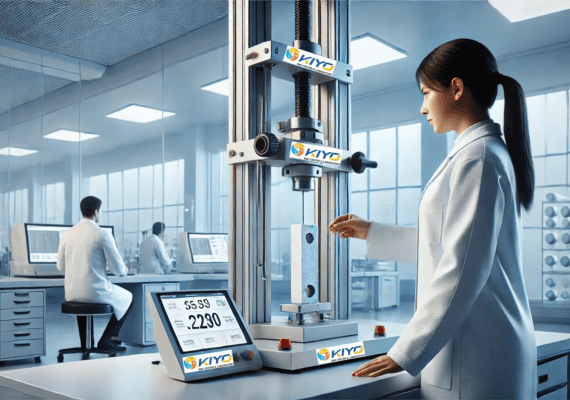
Tensile testing, also known as tension testing, measures the force required to pull a material to its breaking point. This process helps determine a material’s strength and how much it can elongate before it fails. The data obtained from tensile testing provides essential insights into the material’s mechanical properties, including:
Quality Assurance: Tensile testing is fundamental for quality assurance in manufacturing processes. It ensures that materials meet the required specifications and performance standards. By verifying the tensile strength, manufacturers can guarantee the durability and reliability of their products.
Safety: In industries such as construction, aerospace, and automotive, material failure can have catastrophic consequences. Tensile testing helps in identifying materials that can withstand high stress and load conditions, ensuring safety and compliance with regulatory standards.
Product Development: During the design and development phase, tensile testing aids engineers in selecting the right materials. It provides valuable data that influence decisions on material composition, treatment processes, and design parameters, ultimately leading to better and more innovative products.
Cost Efficiency: By understanding the tensile properties of materials, companies can avoid over-engineering and optimize the use of materials. This leads to cost savings in raw materials and manufacturing processes, enhancing overall efficiency.
At Kiyo R&D Center & Laboratory, our state-of-the-art facilities and expert technicians are dedicated to delivering precise and reliable tensile testing services. We utilize advanced equipment to perform a comprehensive analysis of materials, providing detailed reports that help our clients make informed decisions.
Our commitment to excellence ensures that we stay at the forefront of material testing technology. Whether it’s for research, development, or quality control, our tensile testing services are tailored to meet the unique needs of each client, fostering innovation and enhancing product performance.
